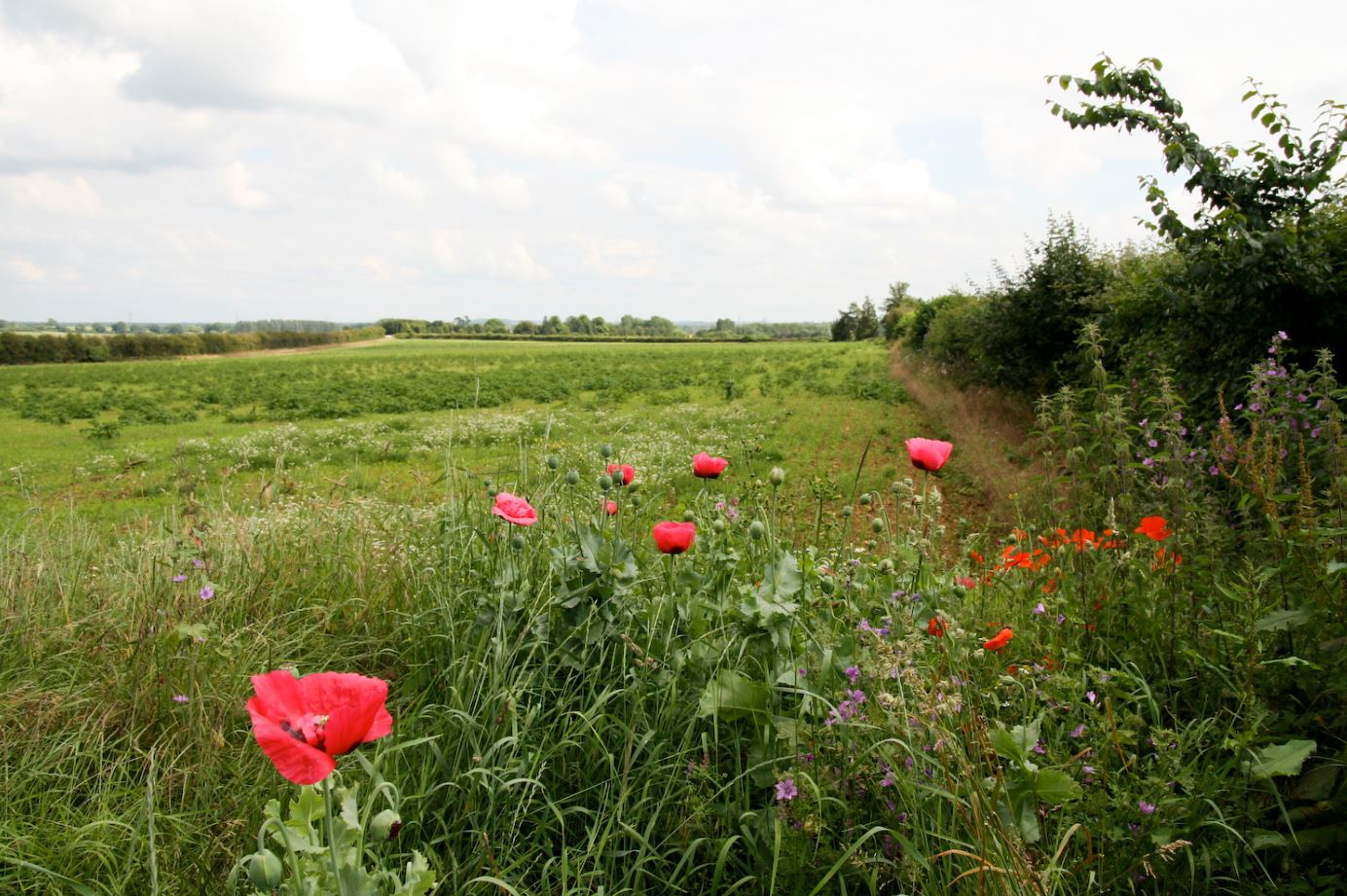Three years ago, anticipating selling Riverford to its staff, my wife Geetie and I bought Baddaford: a 150-acre farm a mile further up our steep-sided Devon valley. Close enough to stay involved while co-owners want me; far enough to step back when they don’t.
We have a small composting operation, and experiments in agroforestry, alley cropping and various less conventional, more soil-friendly ways of growing vegetables, plus a resident producer of open-pollinated and heirloom vegetable seeds. Indulging these projects which I had spent 30 years suppressing (because I couldn’t work out how they would pay) is proving rewarding, if costly.
Like most farms, we are propped up by taxpayers’ money. Last week, I found a man in one of our fields with a clipboard and a satellite beacon poking from his backpack. He introduced himself as Ray from the Rural Payments Agency and Natural England, doing a spot inspection. Every year we are paid £18k for… Actually, I’m not sure why we deserve it.
About £12k is a straightforward subsidy called Pillar 1, paid by acreage just for owning the land. Given the size of these payments, often to the extremely wealthy, it staggers me that taxpayers have tolerated it for so long. However, most of my neighbours would not be farming today without it; subsidies make up more than half of the average farm’s income.

The other £6k is known as Pillar 2, paid for various environmental measures like organic management of low input, species-rich grassland, and allowing hedges to grow up. This, at least, might be viewed as better value to all.
A few weeks ago I spent an inspiring day walking the farm with the Devon Wildlife Trust, identifying wildlife features and developing plans to enhance them. But having checked the land, Ray said, slightly apologetically, that we are liable to be docked some money for the areas where nature has thrived; scrub or hedges encroaching into fields makes these areas ‘unproductive’ and therefore ineligible for Pillar 1.
The management being discouraged with reduced payments is almost exactly what the Wildlife Trust wanted to see more of; your money is being used to encourage us to damage the environment. Hopefully the Agriculture Bill (due to pass this year, with new farm payments based on ‘public money for public good’, focusing on environmental protection) will end the madness neither we nor our planet can afford.












The wildlife trust is working against wildlife, have I got this right.???
Jenny
No. The last paragraph was a bit confusing, but it is the Rural Payments Agency & Natural England (who sent the inspector) who will reduce the subsidy on the farm for being more wildlife friendly. This is the exact opposite of what Guy and The Wildlife Trust planned.
Thanks for the reply, glad I got it wrong, but.
I didn’t realise that the Rural Payments Agency existed,& that Natural England was against encouraging biodiversity.
How wrong was I, at least I now know why many fields are ploughed up to the hedgerows and fences,
Jenny
Guy, I do not fully understand the pint you are making here – sorry. It is the last paragraph I find confusing – Is the Wildlife trust a goodie or a baddie here?
I don’t think so, Jenny. The Wild Life Trusts believe subsidies should encourage farmers to enhance and safe guard the environment rather than damage it. Guy makes the point that the present subsidy regime does the opposite. Although there are subsidies for encouraging species rich areas, because they are less productive in conventional farming terms the subsidy they earn is half that which the more damaging intensive practises attract. While framers do need subsidies, those of us concerned about the serious impact on the environment of intensive methods would like to see the emphasis reversed and farmers encouraged to consider less harmful means of production together with positive action like planting hedges and trees , and reduced use of agro chemical fertilisers and pesticides. It would be great to say ban all the nasties but we have to be realistic and wean the farming industry off reliance on these harmful methods.
And while we are on the subject of Intensive farming, when are we going to tackle the increasing amount of slurry being produced by these huge diary and other intensive live stock rearing conglomerates? Our watercourses are all suffering and little action seems to be taken. Work to restore the quality of rivers and streams, and with it the battle to save so many species at risk like the water vole, not to mention the wild fish stocks, is all being reversed by the contamination by farm leachate from slurry and agro fertilisers. In the end its not the consumer who benefits from any of this but the multi national corporations like the Monsanto’s of this world whose share holders reap huge profits at the expense of the environment and our futures. I enjoy meat and dairy, in moderation, but I am horrified at the way in which modern intensive farming is riding rough shod over my children and grandchildren’s futures.
Just a thought on the subject of so called ‘slurry’. Is it just not a lot of untreated ‘poo’. And it seems to me that this untreated ‘poo’ is being dumped on land and waterways, so we should not be surprised if it causes many problems? Both the human and non human animals. Does this sound all right to others or am I way wrong in my suggestions. What do you think?
Along with ‘green manures’ Riverford use well rotted manure from the small organic dairy herd to help improve soil fertility – quite a valuable resource rather than a waste product.